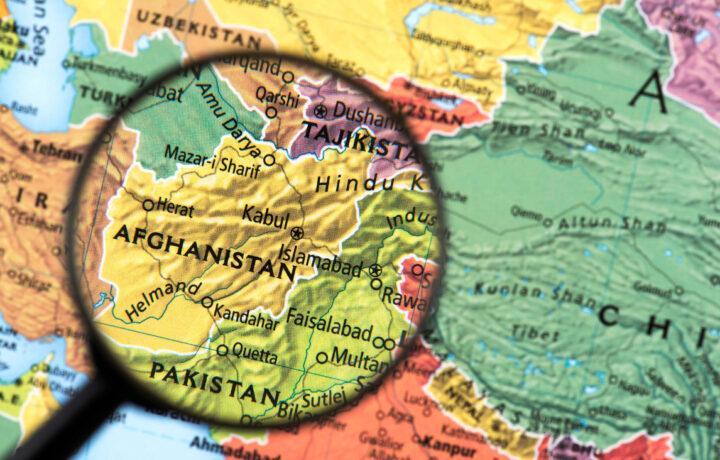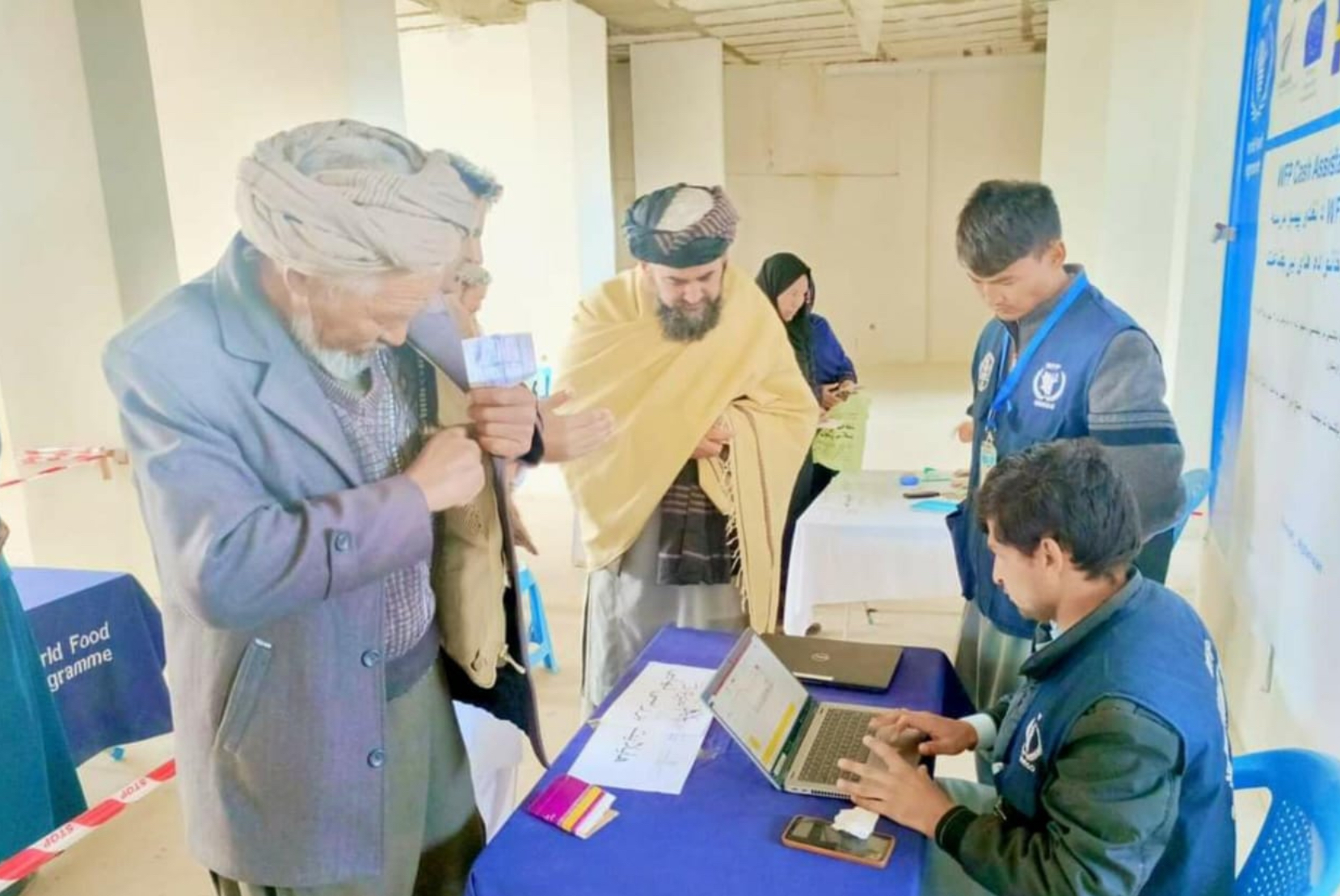Recently, Matthew Miller, U.S. State Department spokesperson said that “Washington will continue to monitor all of its assistance programs and seek to mitigate the risk that U.S. assistance could indirectly benefit the Taliban or could be diverted to unintended recipients.”
The theft of humanitarian aid by terrorists in Afghanistan is a topic that ClearanceJobs first covered in January 2023. More follow-up reporting throughout the year by a handful of other press members uncovered more details, and later a SIGAR investigation and report exposed the troubling pattern of this theft to the U.S. Congress.
“In January, SIGAR issued a report in response to a 2023 request from Chairman McCaul that examined the operations, policies, and safeguards of the $3.5 billion Afghan Fund, a charitable trust established for the benefit of the Afghan people. SIGAR found several areas of concern, including a lack of specific safeguards to prevent Taliban diversion” -John Sopko, special inspector general for Afghanistan reconstruction
Yet, the Western world continues to send millions of dollars every week into Afghanistan that are used to entrench the illegal regime and largely benefit supporters of the terrorists. The benefits of sending pallets of cash to the Taliban-held country may no longer outweigh the risks.
The Taliban’s Infiltration, Extortion, Exploitation, and Direct Control of International Aid Funds in Bamyan Province
A follow-up with my sources has confirmed in detail just how the Taliban and Haqqani terrorists steal U.S. taxpayer dollars and use it to make their gender apartheid system and terrorist safe haven even stronger.
Their field reports “show how the Taliban regime has systematically silenced the NGOs and suppressed them to the point of surrender. The report also details the methods of how aid is misused and distributed not based on the list of the NGO or the so-called Local Implementing Partners (LIPs) but on instructions of the Taliban.”
Here are some excerpts from their recent report.
On January 18, 2024, Mawlawi Abdullah Sarhadi, the Taliban “governor” for Bamyan province held a meeting with Solidarités International, the United Nations High Commissioner for Refugees (UNHCR), Agha Khan Development Network (AKDN), Deutsche Gesellschaft für Internationale Zusammenarbeit (GIZ), Coordination of Afghan Relief (CoAR), Bangladesh Rural Advancement Committee (BRAC), and Islamic Relief. Mullah Faizullah, the Taliban’s director for rural rehabilitation.
The Taliban leader warned them all to stop direct engagement with the local population in Bamyan province, including “conducting surveys to identify vulnerable families, distributing aid, or informing people about available international humanitarian assistance.”
The Taliban governor also told them, “The absolute authority lies with him to decide whom to assist, where the assistance should be distributed, and which villages or districts aid should be directed towards.”
The Ever-Shrinking Pie
A specific example of the Solidarités International organization shows how the aid is stolen and diverted by the governor and his supporters.
Before any distribution by SI begins in Bamyan the Taliban “governor” steals his 35% “share” of all aid being provided.
Then the community elders and heads of development councils follow the precise instructions of the Taliban “governor.” That means “priority should be given to individuals who previously supported and collaborated with the Taliban, as well as those currently serving as Taliban members.”
While the Taliban say the community elders and heads of development councils identify “individuals with past or present affiliations with the Taliban” for the eligibility list, one elder, said “they lack the authority to compile the list and the responsibility solely rests with the Taliban governor.” He goes on to say that “community elders are merely invited for photo opportunities to create the illusion of widespread support and inclusion in the distribution process.”
The governor also told elders and development leaders that the “current eligibility criterion strictly mandates no association with the republic government or affiliation with the republic’s military forces.” That means that in Bamyan, and most likely in other provinces, recipients must be a Taliban member or be related to them to be qualified for humanitarian assistance.
But even before the Taliban fighters and their relatives receive the diverted humanitarian aid, more theft is occurring. District governors say they must allocate 20% of the aid packages to themselves because the Taliban do not send enough in salary to feed the Taliban fighters in their care.
Additionally, elders and development council leaders are seeking endorsement from the Taliban so that they can also steal a 20% share of the aid funds and materials and give it to their friends and family.
What Must Be Done
The Taliban and Haqqani terrorists have become masters of theft, diversion, and thuggery when it comes to the misuse of humanitarian aid. My sources also allege that some members of the UN and humanitarian agencies are aware of the theft and diversion of the funds they are entrusted with.
Clearly, the aid program has become another funding stream for the terrorist regime and must be re-examined quickly so taxpayers can stop funding gender apartheid, torture, rape, and murder. People in Afghanistan are wondering if a halt of humanitarian funds would lead to the disempowerment of the terror regime. Maybe the West should think harder about the unintended outcomes of their humanitarian efforts.
The pictures below show the direct intervention of the Taliban in aid distribution and selection. You can see Taliban regime agents standing at the desk overseeing the NGO staff work, and then acting as if they are the ones assisting. The Taliban have not lost their ability to lie and use propaganda stunts to fool outsiders.







